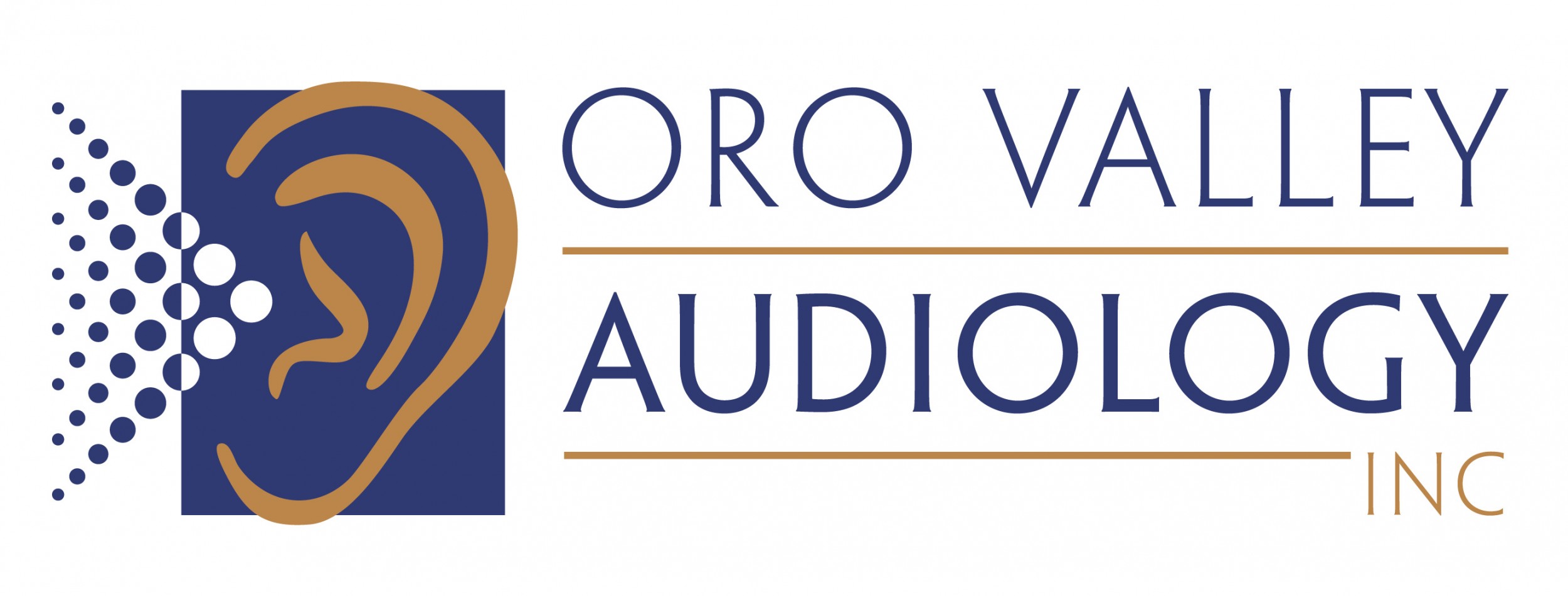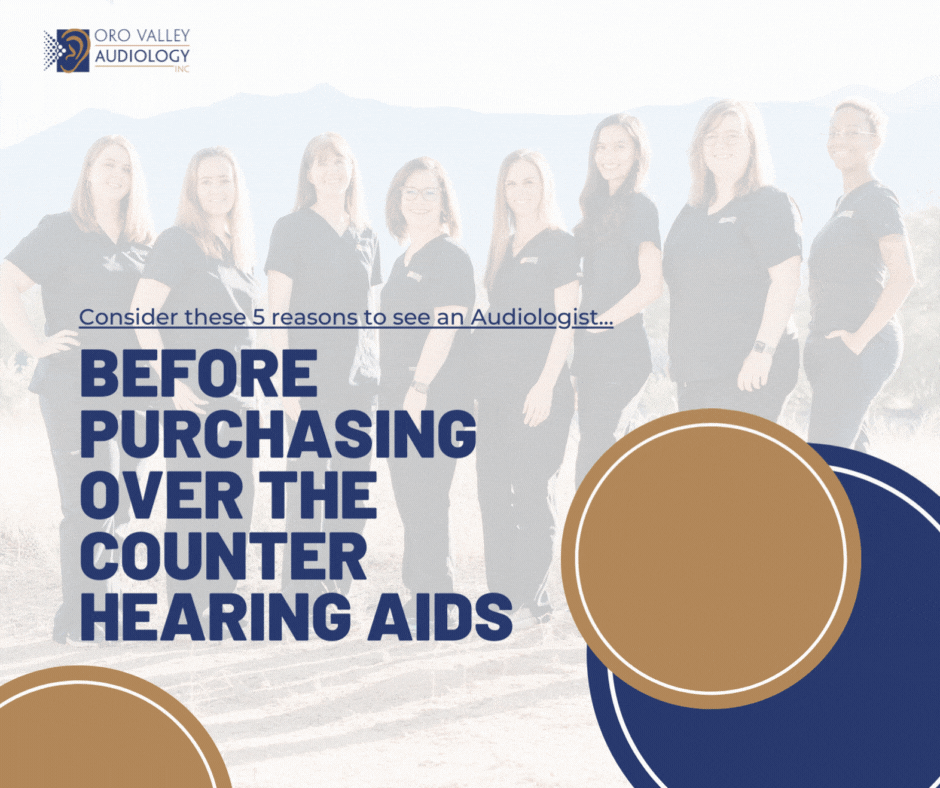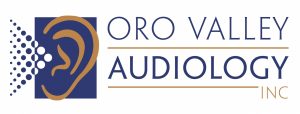Over-the-counter (OTC) hearing aids have officially entered the market. This may make some individuals curious if this is the right solution for them compared to traditional hearing aids through an audiologist. OTC hearing aids are compared to “readers” for vision/reading glasses. If you need reading glasses, you may choose to buy them from the store on your own, or you may choose to get an exact prescription/ bifocals from your optometrist. Much like readers, purchasing an OTC hearing aid does not REQUIRE an evaluation, but I would highly recommend a hearing evaluation with an audiologist. These are my top 5 reasons why you should get a formal hearing assessment prior to considering and purchasing OTC hearing aids.
- Ensure the hearing aids are appropriate for your needs. OTC hearing aids are rated for mild to moderate hearing loss. Many individuals perceive their impairment as mild and later find they actually have moderate to severe hearing loss. Before spending time, money, and energy on an OTC hearing aid, I recommend having your hearing evaluated to ensure it will help you and your needs.
- Children/pediatrics. If you suspect your child has hearing loss, OTC hearing aids are only approved for adults, and pediatrics should be evaluated and properly fitted with an audiologist. We want children to be properly fit so they can have access to all speech sounds necessary for speech and language development.
- Rule out medical concerns for your ears. Sometimes hearing loss can be caused by factors that are medically correctable. For example, if your ear is plugged with wax or possibly an untreated ear infection. These can impact your hearing and potentially be medically resolved negating your potential need for a hearing aid (OTC or not). Potential medical concerns should be ruled out prior to obtaining hearing aids.
- Discuss needs outside of the hearing. Hearing aids have the potential to assist with conditions beyond improving hearing. A big one is tinnitus, or noises in your ears/head that are not correlated with an environmental sound. Many individuals with hearing loss have some form of tinnitus. This should be discussed with an audiologist to find the best solution for your hearing and tinnitus.
- Hands-on care. Obtaining and using hearing aids can be challenging for new users. I always say hearing aids are less about the ears and more about retraining the brain on how to hear. This can be a difficult road to navigate on your own. Especially if you are a first-time hearing aid wearer, I recommend working with an audiologist to properly meet your hearing goals and have a full understanding of what to expect with hearing aids.
Hearing loss and hearing aids can be challenging to navigate, but you do not have to navigate them alone. While there are many options for treating hearing loss, determining the right solution can be the toughest part! If you are experiencing hearing loss and would like to talk about your options, let’s start with a hearing evaluation so we can find the right solution for you.


